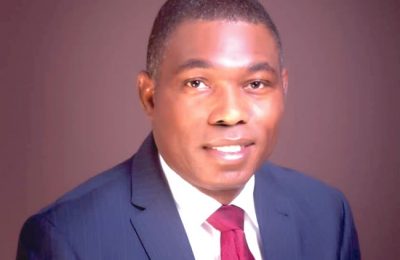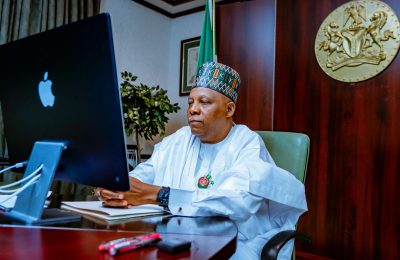One major issue facing the current Nigerian economy is poverty. For a country with massive wealth and a huge population to support commerce, a well-developed economy, and plenty of natural resources such as oil, the level of poverty is unacceptable.
One of the biggest ways that poverty affects the economy is by limiting the growth of the labour force. Many people are unable to work because they lack the education or resources to find jobs. This limits the country’s productivity and economic potential.
Poverty in Nigeria is not just a matter of economics, but also of social and political factors. For example, corruption and mismanagement of resources by the government has exacerbated the problem. This has led to a lack of trust in the government and a feeling of hopelessness among many people.

There are a number of things that can be done to help alleviate poverty in Nigeria. One is to improve access to education, particularly for girls. Education is one of the most powerful tools for breaking the cycle of poverty, and it’s especially important for girls, who often have less access to education than boys. Another way to reduce poverty is to create more economic opportunities, particularly in rural areas. Another key area is addressing corruption. In order to tackle corruption there should be promotion of transparency and accountability in government. These measures can help to create a more effective and efficient government that is better able to serve the needs of the people.
Olawande Teniola, Olabisi Onabanjo University, Ogun State







